Is AI Really Going to Remove All IT Professionals’ Jobs?
Table of Contents
-
Introduction
-
What We Mean by “Remove All Jobs”
-
How AI Is Already Changing IT and Tech Roles
-
Task vs Job: The Crucial Difference
-
Examples in IT / DevOps / Support
-
-
Which IT Roles Are Most & Least At Risk?
-
High Risk Tasks
-
Lower Risk or Evolving Roles
-
-
Why “Remove All Jobs” Is Very Unlikely
-
What IT Professionals Can Do to Future-Proof Their Career
-
Practical Example: DevOps Engineer in the Age of AI
-
FAQ
-
Conclusion & Call to Action
1. Introduction
Welcome! If you’re someone who follows technology, maybe works in IT or thinks about it, you’ve likely heard the question: Will AI take our jobs? And for IT professionals especially, there’s the fear: Will our role disappear entirely?
In this blog post we’ll explore that question in a clear, friendly way — no deep code required, just a straightforward look at how artificial intelligence (AI) is reshaping work in IT and what it means for you.
2. What We Mean by “Remove All Jobs”
Before diving in, let’s clarify what “removing jobs” means:
-
It does not always mean wiping out entire occupations overnight. More often it means certain tasks within those jobs change or get automated.
-
It means the job might evolve, not vanish.
-
For our purposes, “IT professionals” covers roles like system administrators, network engineers, DevOps engineers, support engineers, cloud engineers, etc.
So the real question becomes: Will AI eliminate ALL IT professionals? (Spoiler: No — but many roles will change.)
3. How AI Is Already Changing IT and Tech Roles
3.1 Task vs Job: The Crucial Difference
A key concept: AI often automates tasks rather than whole jobs. For example:
-
A help-desk engineer used to copy/paste responses for common tickets. AI chatbots now handle first-line queries.
-
A DevOps engineer might manually check logs; AI/ML tools can now detect anomalies automatically (see what AIOps refers to). (Wikipedia)
This means: the job remains, but the nature of the job shifts.
3.2 Examples in IT / DevOps / Support
Here are some practical snapshots:
-
In IT operations teams, AI-powered monitoring tools can detect incidents faster and sometimes auto-initiate remediation. That reduces the time the human spends on repetitive monitoring.
-
In software engineering, tools like AI code assistants can help write boilerplate code — meaning developers focus more on architecture, design, thinking. (World Economic Forum)
-
Support functions: some ticket routing or resolution suggestions are now assisted by AI, freeing up human support engineers to tackle complex issues.
!!image suggestion: screenshot of AI monitoring dashboard + image of DevOps engineer collaborating with AI tool.
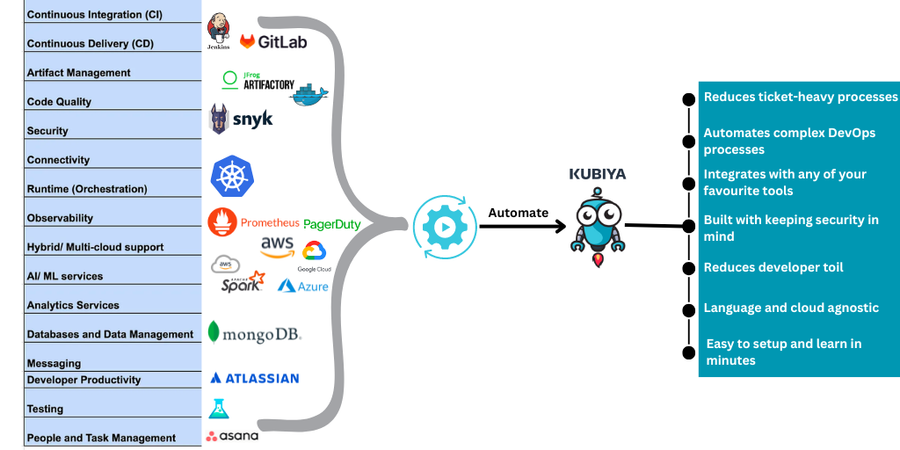
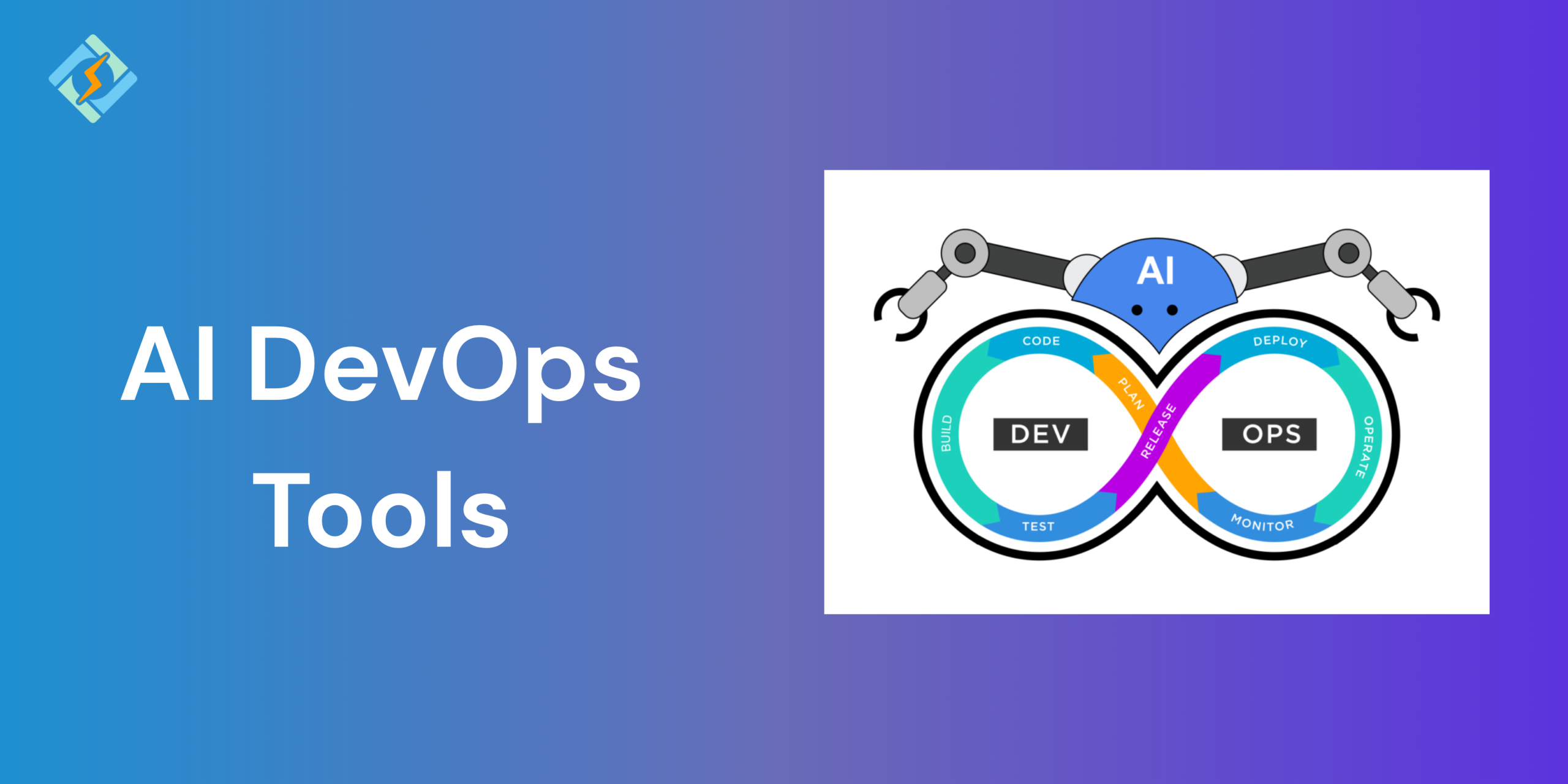


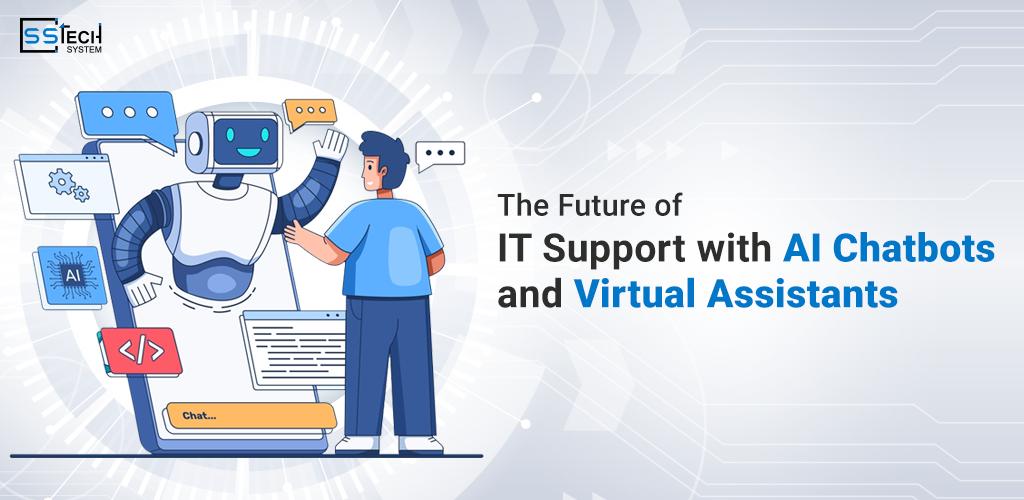
4. Which IT Roles Are Most & Least At Risk?
4.1 High Risk Tasks
Some roles or parts of roles are more exposed because they involve:
-
Repetitive, rule-based tasks
-
Lots of data processing with little creativity
-
Predictable workflows
Examples in IT:
-
Manual log scanning or ticket triage that could be automated.
-
Basic deployment scripts where infrastructure as code (IaC) and auto-remediation already exist.
-
Routine backups or basic monitoring dashboards that are now becoming standard automation.
4.2 Lower Risk or Evolving Roles
Roles that are less likely to vanish and more likely to evolve:
-
Cloud architects or DevOps engineers designing complex systems (where human judgment matters).
-
Security professionals who must handle zero-day threats, strategy, and human factors.
-
IT roles requiring deep domain knowledge, stakeholders management, change leadership.
-
"Hybrid" roles where you work with AI rather than letting AI replace you.
Evidence: Studies show that while many jobs are exposed to automation, full job elimination is rare — partly because of the need for human oversight, creativity and context. (FutuRes)
5. Why “Remove All Jobs” Is Very Unlikely
Here are the reasons why it’s highly unlikely that all IT professional roles will be wiped out:
-
Human context & judgment: Many IT tasks depend on understanding business impact, user needs, change management — AI can assist but not fully replace.
-
Evolving demand: As AI automates parts of IT work, new tasks and roles emerge (monitoring AI, building AI infrastructure, managing data-flows).
-
Complexity & unpredictability: Some systems are so unique that a one-size-fits-all AI automation doesn’t exist.
-
Collaboration model: The real future seems to be “human + AI” rather than “human vs AI”. For example, the CEO of Box recently stated that AI will enhance, not eliminate human jobs. (Business Insider)
-
Time and transition: Automation happens over years, not instantly — giving time for adaptation, reskilling.
6. What IT Professionals Can Do to Future-Proof Their Career
If you’re in IT (or thinking of entering), here are actionable steps to stay relevant:
-
Learn how to work with AI tools
-
Explore monitoring tools with AI capabilities
-
Try low-code/no-code AI workflow tools
-
Understand what AI can/cannot do for your field
-
-
Focus on high-value human skills
-
Communication & stakeholder management
-
System thinking: designing whole architectures
-
Adaptability and learning — open mindset
-
-
Upskill in emerging areas
-
Cloud, DevOps, SRE, IaC — where human/automation mix is strong
-
Cybersecurity, privacy, compliance — areas where human judgement is crucial
-
Data literacy: understanding metrics, logs, AI systems
-
-
Identify tasks in your job that could be automated — and make them your project
-
Instead of fearing automation, lead it: automate the repetitive parts and spend time on strategy.
-
Example: As a DevOps engineer, you might automate your deployment pipeline and use the freed time to improve resilience, architecture, cost-optimisation.
-
-
Stay curious and create your brand
-
Share your learnings, give talks, write blogs (you might! 😉)
-
Build a reputation as someone who leverages automation rather than is replaced by it.
-
7. Practical Example: DevOps Engineer in the Age of AI
Let’s walk through one scenario to illustrate:
Role: DevOps/Cloud Engineer
Old model:
-
Manual server provisioning
-
Manual monitoring and alerting setup
-
Manual incident triage and on-call rotation
With AI and automation:
-
Infrastructure as Code (IaC) templates create servers automatically
-
AI monitoring (AIOps) flags anomalies and sends alerts only when human action is needed
-
Chatbot and automated runbooks execute known remediation steps; engineer focuses on complex incidents
Result:
The DevOps engineer isn’t out of a job — their role shifts: from doing repetitive work to designing the architecture, improving reliability, collaborating with teams, mentoring others. That’s higher value.
Image suggestion: DevOps engineer overseeing a dashboard with AI-driven alerts while collaborating with team.


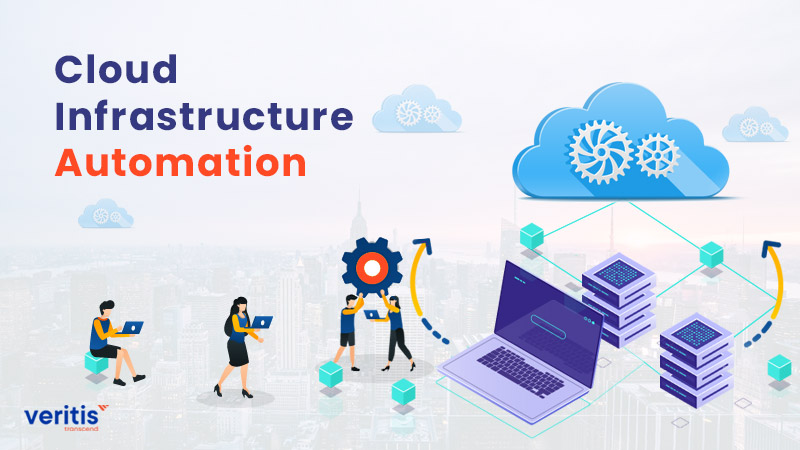
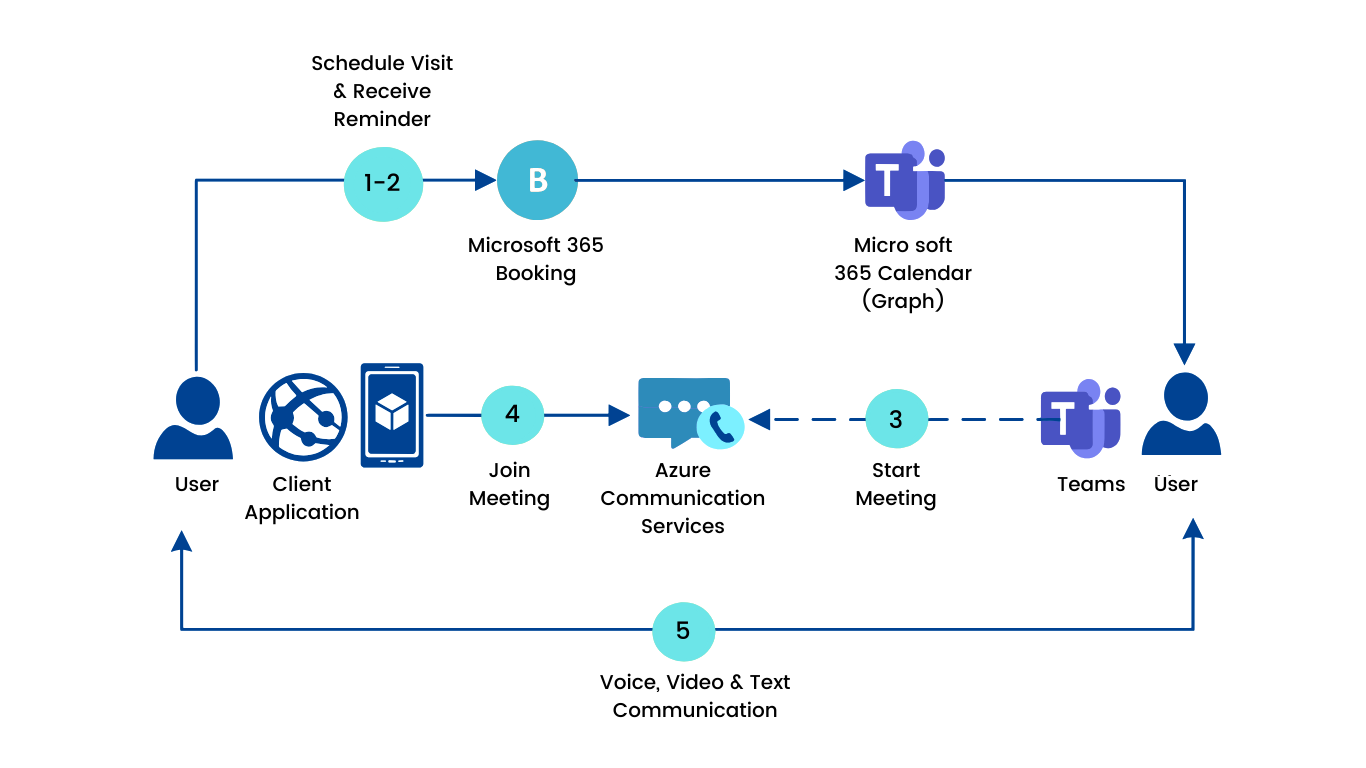

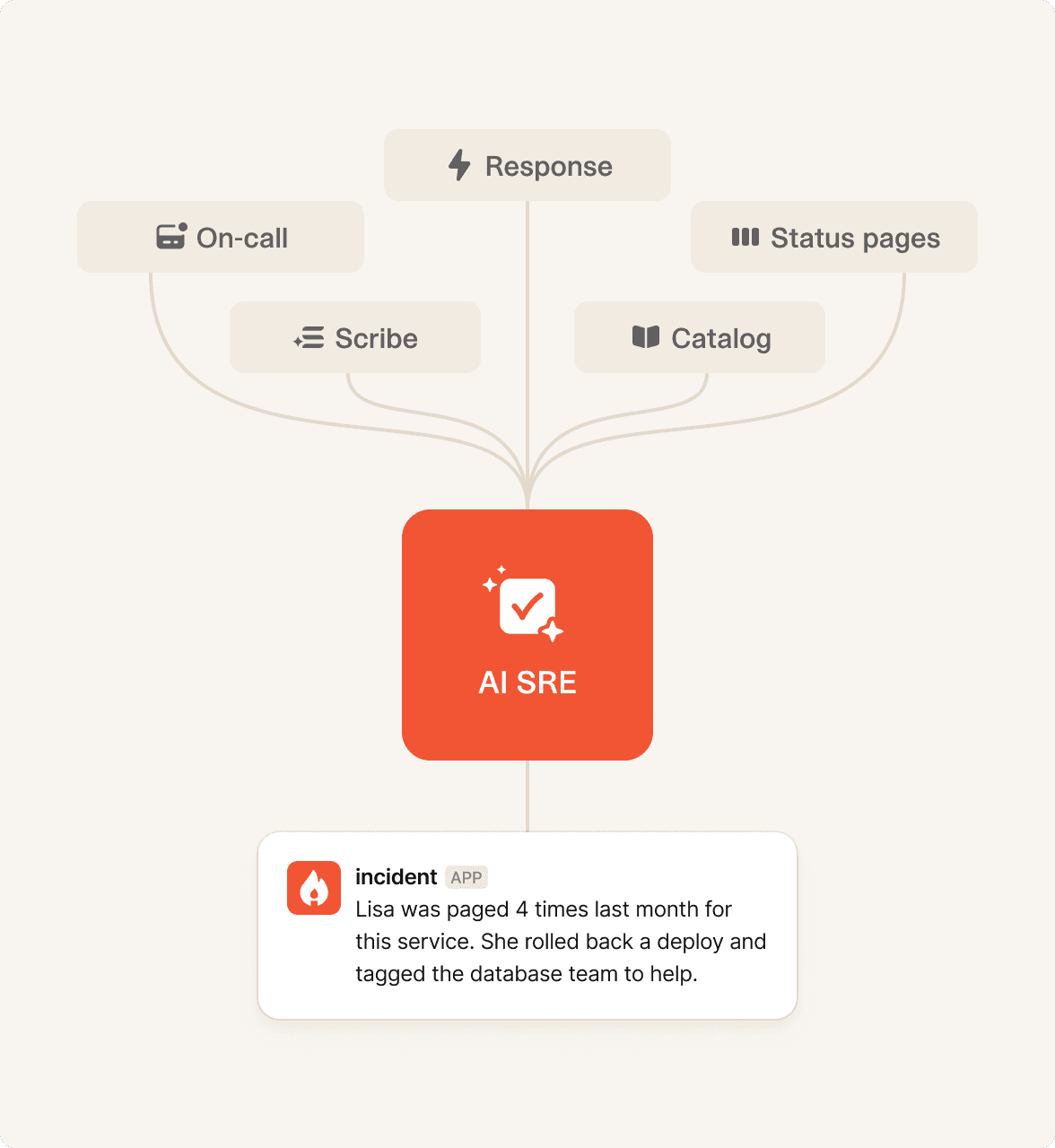
8. FAQ
Below are some frequently asked questions in schema-style:
Q1: Will AI replace all IT jobs by 2030?
A1: No — while many tasks within IT roles will be automated, full job disappearance is very unlikely by 2030. Many roles will evolve instead.
Q2: What IT jobs are safest from AI?
A2: Jobs that rely on human judgment, creativity, complex problem-solving, and stakeholder interaction (e.g., cloud architect, security specialist, SRE) are safer. (AMA Interview)
Q3: Should I learn AI or specialise in AI to stay relevant as an IT professional?
A3: Yes — gaining familiarity with AI tools, frameworks, and how to integrate AI into workflows is a smart move. But you don’t necessarily need to become an AI researcher — think of yourself as someone who uses and manages AI in your domain.
Q4: What if I’m doing “boring” repetitive IT tasks now?
A4: Use this as an opportunity. Identify those tasks, automate them (or propose automation), and shift your role to higher-value work: strategy, architecture, mentoring.
Q5: Is it too late to switch into IT or DevOps because of AI?
A5: Not at all. It’s actually a good time to enter, provided you focus on modern skills (cloud, DevOps, automation, soft skills) and understand the human+AI collaboration model.
9. Conclusion & Call to Action
To sum up:
-
The idea that AI will completely remove all IT professionals’ jobs is very unlikely.
-
What will happen: roles will change, tasks will shift, automation will take over repetitive work.
-
For IT professionals, this is not a threat, but a chance — to evolve, to focus on higher value work, to partner with AI rather than compete against it.
Call to action:
If you’re an IT pro (or aspiring to be):
-
Today, pick one task you do regularly that could be automated — and map out how you would automate it or work around it.
-
Start learning one AI-tool or automation workflow next week.
-
Share one insight with your peer or write a short blog about how you’re adapting.
By doing these small steps, you’ll be moving towards a future-proof career in the age of AI — not one that’s left behind.
Internal link suggestions
-
Link to your blog post “DevOps / SRE career tips”
-
Link to a tutorial you wrote on “Azure DevOps pipeline for beginners”
-
Link to another post: “How to build your IT soft-skills: communication, architecture, leadership”
External authority links
-
“How will Artificial Intelligence Affect Jobs 2025-2030” (Nexford) (Nexford University)
-
“Why AI is replacing some jobs faster than others” (World Economic Forum) (World Economic Forum)
.png)


.png)
Comments
Post a Comment